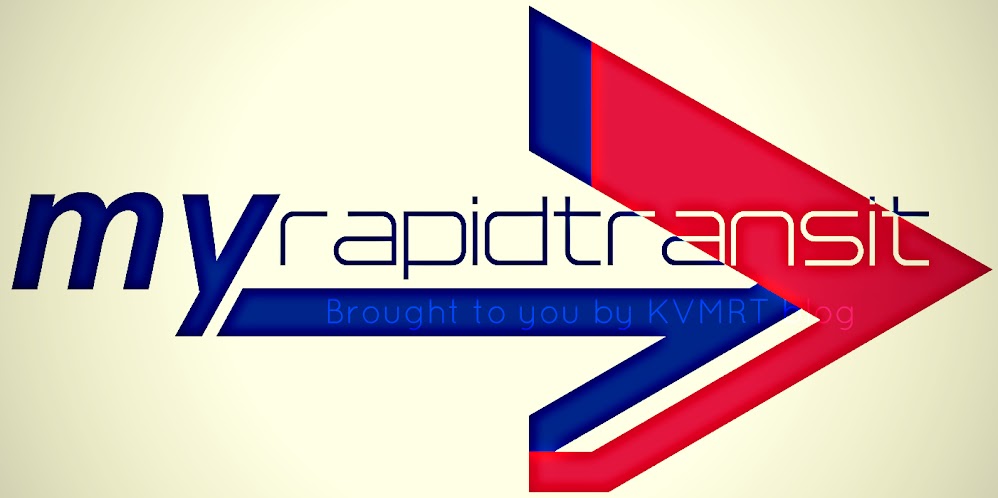Month-end deadline for unhappy Chinatown traders (TMI)
By Clara Chooi
February 24, 2012
KUALA LUMPUR, Feb 24 — Traders along the iconic Jalan Sultan here will have their properties acquired by next week if they persist in rejecting MRT Corporation’s proposal to strike a mutual agreement.
Under the mutual agreement, mooted by MRT Corp chief executive officer Datuk Azhar Abdul Hamid (picture), the traders would continue to hold their property rights but would be required to vacate their premises for a six-month period to facilitate tunnelling work for the underground portion of the Klang Valley Mass Rapid Transit (MRT) Sungai Buloh-Kajang line.
But without their consent to the agreement, said Azhar, MRT Corp would have no choice but to allow the government to proceed with the compulsory land acquisition process under Section 8 of the Land Acquisition Act.
Speaking at a press conference today, he expressed disappointment that despite MRT Corp’s efforts to engage with all stakeholders in the area, the owners of two properties on the famous Chinatown street have continued to reject their offer.
“Now, we have no choice but to allow the (land acquisition) process to proceed.
“The feedback that we are getting is that it is just these two (property owners) who keep insisting on a realignment of the MRT... we are talking to the lawyers of the rest, the rest understand the situation,” he said.
Today’s press conference was organised to clear confusion over concerns raised repeatedly by traders that their properties would be acquired despite MRT Corp’s mutual agreement proposal.
Azhar said the traders were spooked by letters from the Land and Mines Office regarding the compulsory acquisition process, fuelling fear that MRT Corp would renege on its promises.
“They are saying now that its a credibility issue. But it is not... these are two different processes,” he said, referring to the government's land acquisition process and MRT Corp's mutual agreement proposal.
Azhar explained that the government office was just following standard procedures and gave his assurance that once the traders consented to the mutual agreements, this would override the compulsory acquisition process.
“So the faster we can mutually agree, then we can tell the government — can you please withdraw this and stop sending letters to the traders,” he said.
Azhar noted however that he was running out time for the negotiation as the MRT project must be delivered by July 2017.
He said the mutual agreement proposed was a “winnable formula” for the traders as it would not only ensure they keep their property rights but would also see them fully compensated for any loss of income during the six-month period they are required to vacate their premises.
Azhar also gave his assurance that the period would not coincide with the Chinese New Year celebrations, noting that this was considered a peak period for businesses in Chinatown.
He went a step further by offering to help traders gazette the area as a heritage site.
“I’d be sincerely glad to help,” he said.
The Malaysian Insider reported in December that landowners in Imbi had agreed to surrender a portion of their underground land rights to MRT Corp for tunnelling work.
The agreement appeared to be a coup for Azhar, who is under pressure to resolve ongoing land acquisition issues which he has warned may delay the completion of the MRT by up to six months.
The dispute began soon after landowners in Chinatown, Imbi and Bukit Bintang were informed in mid-2011 that the government would acquire all lots lying above the MRT tunnel as owners’ rights extend to the centre of the earth under the law.
Land Public Transport Commission (SPAD) chief executive Mohd Nur Kamal said landowners could then apply for stratum titles but added there was no guarantee Putrajaya would re-alienate the surface land back to them.
Critics have questioned the need for compulsory acquisition of both surface and underground land as the National Land Code 1965 was amended in 1990 to allow underground land to be acquired without affecting surface rights.
Unhappy landowners have mounted a high-profile campaign marked by numerous protests, signature drives and accusations that Putrajaya was conducting a “land grab” in order to defray project costs.
The multibillion ringgit MRT, meant to ease traffic congestion in the Klang Valley, is Malaysia’s most expensive infrastructure project to date.
The SBK line will cover a distance of 51km, of which 9.5km — including seven of the 31 stations — will be underground.
In reply:
Jalan Sultan shopowners worry over MRT Corp’s ultimatum (The Star)
